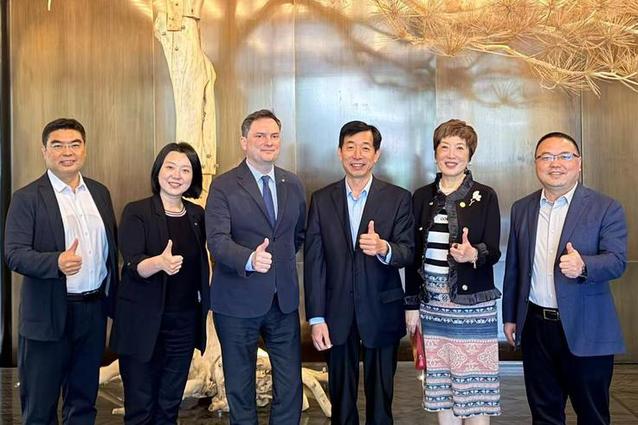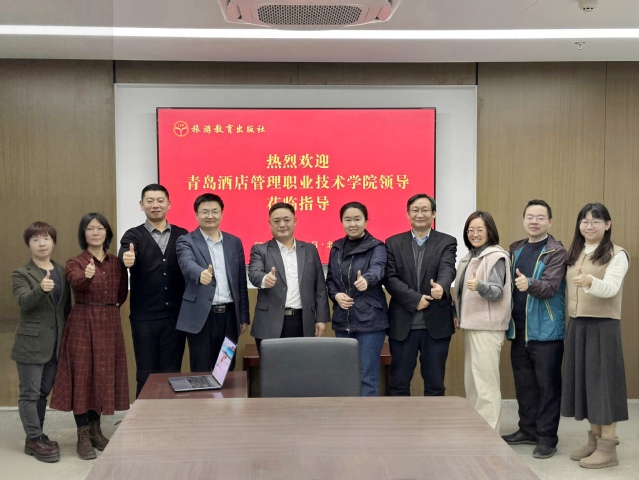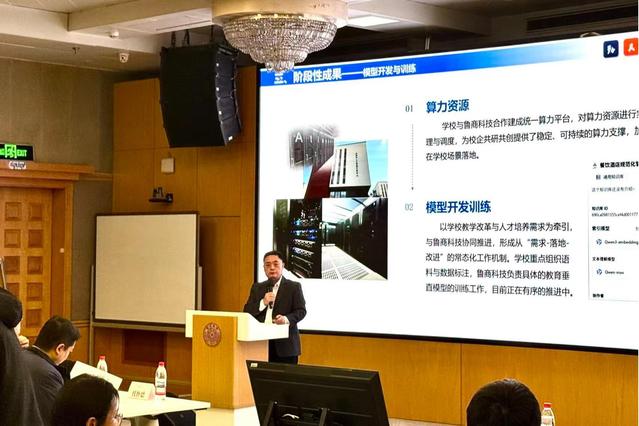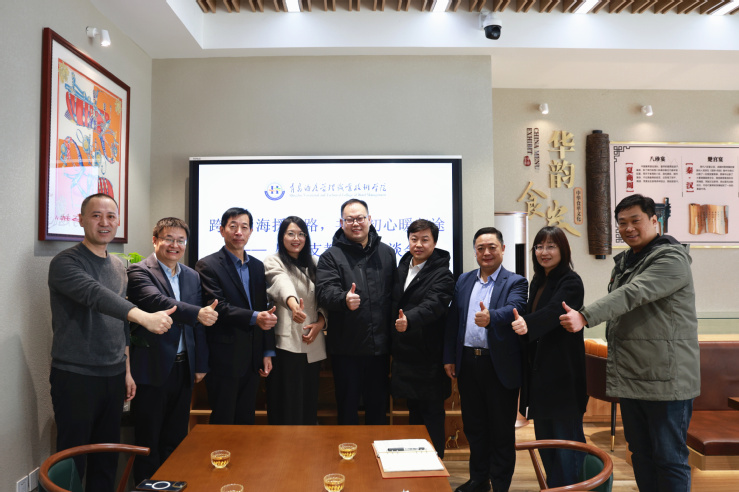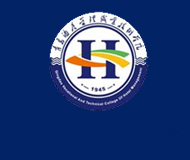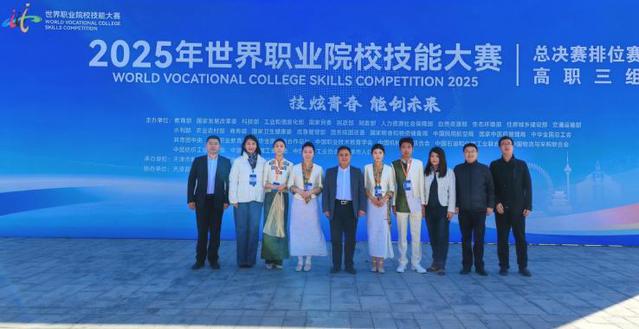
Posted on Nov. 21, 2025 by Dong Quanyue|Qingdao Vocational and Technical College of Hotel Management
The Global Finals Qualifiers of World Vocational College Skills Competition 2025 were held at Tianjin Maritime Vocational College from November 9 to 14.
Guided by Wang Tingting and Li Qiujun from the School of Culture and Tourism, a team of four students—Zhang Jiaqi, Li Bingbing, Guo Xilei, and Men Fanfei—successfully advanced to the national qualifiers with outstanding performance in the preliminary round of the World Vocational College Skills Competition.
As a key segment of the competition, the qualifiers serve as a high-level platform for teams progressing from the preliminary round. Adhering to the philosophy of promoting teaching, learning, reform, and development through competitions, the event builds a bridge for skill exchange and mutual learning among vocational college students worldwide.
The competition comprises three categories (secondary vocational, higher vocational, and international) divided into 6 groups, covering 42 competitive tracks including logistics technology, medical technology, and information technology. It attracted 156 contestants from 20 provinces across China and multiple international teams to compete on the same stage.
Focusing on the inheritance and innovation of bird-and-insect seal script (ancient Chinese calligraphy), our team developed the trendy IP Lucky Bird. Through skill demonstrations, project achievement displays, and innovative application presentations, they vividly addressed the contemporary task of youthful expression and digital communication of intangible cultural heritage (ICH), fully demonstrating solid professional competence and excellent teamwork. Ultimately, the team secured the national championship and successfully advanced to the global finals.
Beyond a vocational skill contest, this participation serves as a crucial showcase for cultural inheritance and innovative practice, reflecting our achievements in deepening educational reform and promoting industry-education integration.
Taking this opportunity, the School of Culture and Tourism will continue to integrate curriculum content with industry practices, enhance capabilities in digital ICH inheritance and IP transformation, further promote the coordinated development of professional construction and the cultural tourism industry, and inject new momentum into cultivating high-quality technical and skilled talents.

